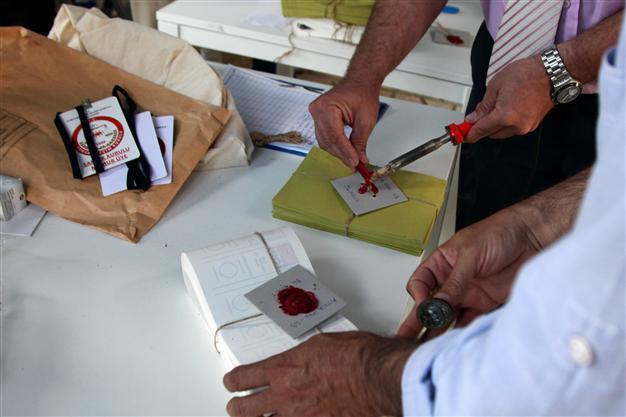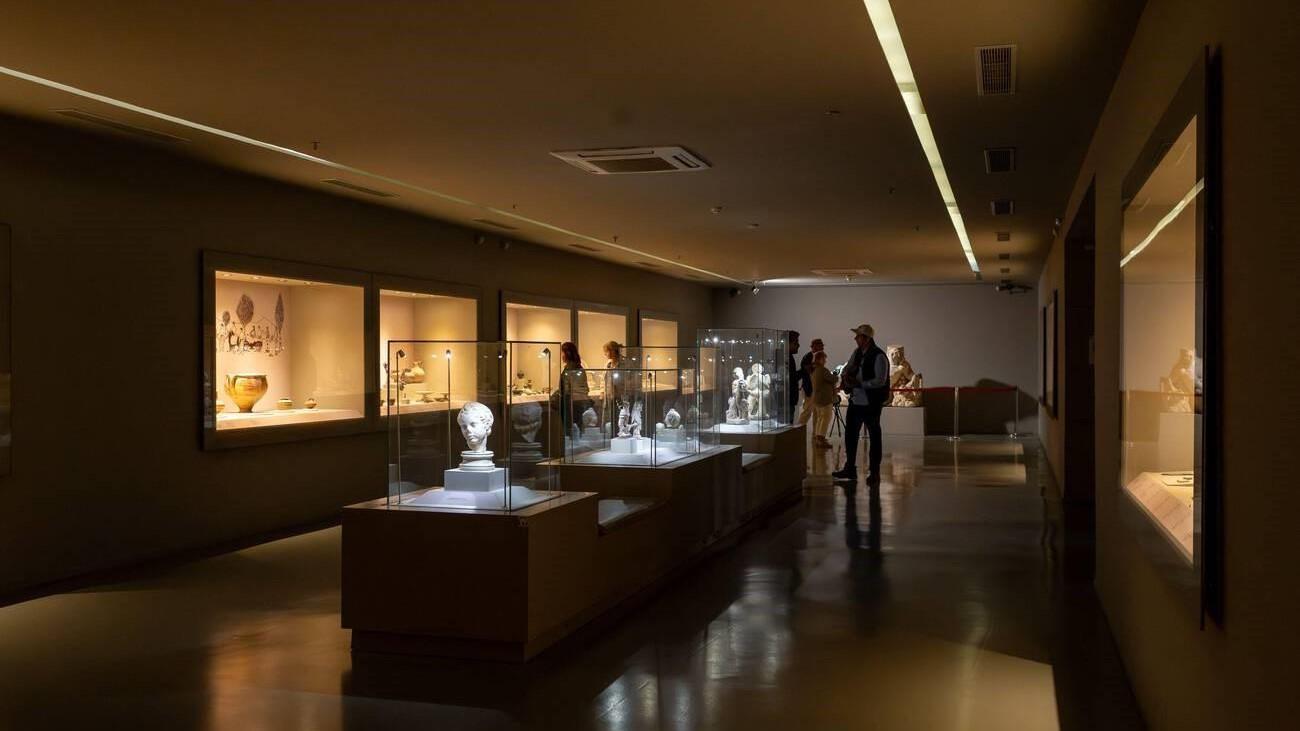Turkish parties eye more than 1 million first-time voters
Oya Armutçu - Hacer Boyacıoğlu - Gamze Kolcu - ANKARA

CİHAN Photo
Political parties in the race to send deputies to parliament during the June 7 elections are eying the votes of the more than one million individuals who have just turned 18 years old.A total of 1.1 million voters within Turkey and abroad will vote for the first time during upcoming elections, a number which is expected to make a difference in the results.
While 56,066 of the new voters are registered Turkish citizens who live abroad, the number of young voters inside the country is around 1 million.
The number of new voters was also around one million in the August 2014 presidential election, during which voters, for the first time, elected their president. This number has increased for the June 7 elections.
The results of the 2015 parliamentary elections will be defined by a total of 56.6 million voters, of which 2.9 million are registered in foreign countries.
The total of registered voters inside and outside of the country has increased since the last general elections in 2011 with 3.8 million new votes.
As parties place special importance on the voters who will go to the ballot boxes for the first time, Prime Minister Ahmet Davutoğlu sent a letter to the young, stating they were the ones to decide “Turkey’s color and identity.”
Prof. Özer Sencar, head of the Metropoll Strategic and Social Research Center, said the youth who will cast their first votes in a couple of days, would decide who to vote for in line with their “hope for the future.”
“The problem of finding a job is very important. According to the latest Organization for Economic Cooperation and Development [OECD] data, 30 percent of youth is unemployed. Apart from hope for the future, the latest developments in the past years will be decisive for the youth going to the polls,” Sencar said.
Explaining they had conducted a survey among first-time voters before the election bans had been imposed, Sencar said the percentage of undecided first-time voters was a little higher than the overall undecided percentage among voters.
“What we saw is that the percentage of undecided among the youth was a little higher than the undecided within society. Economy is important for the youngsters but topics related to democracy also draw attention,” Sencar said.
















